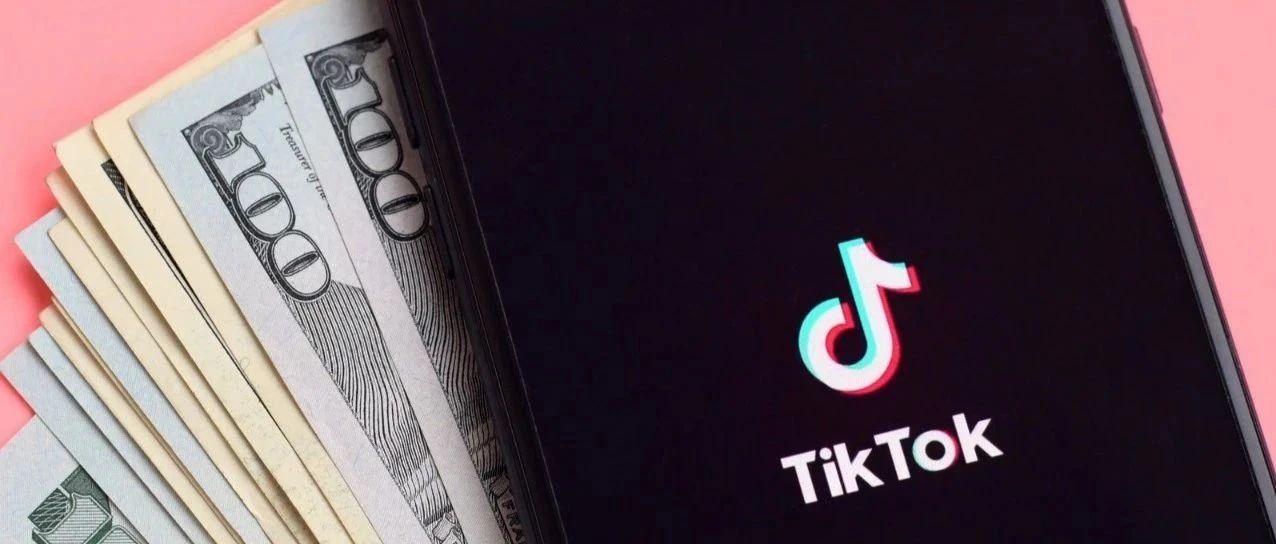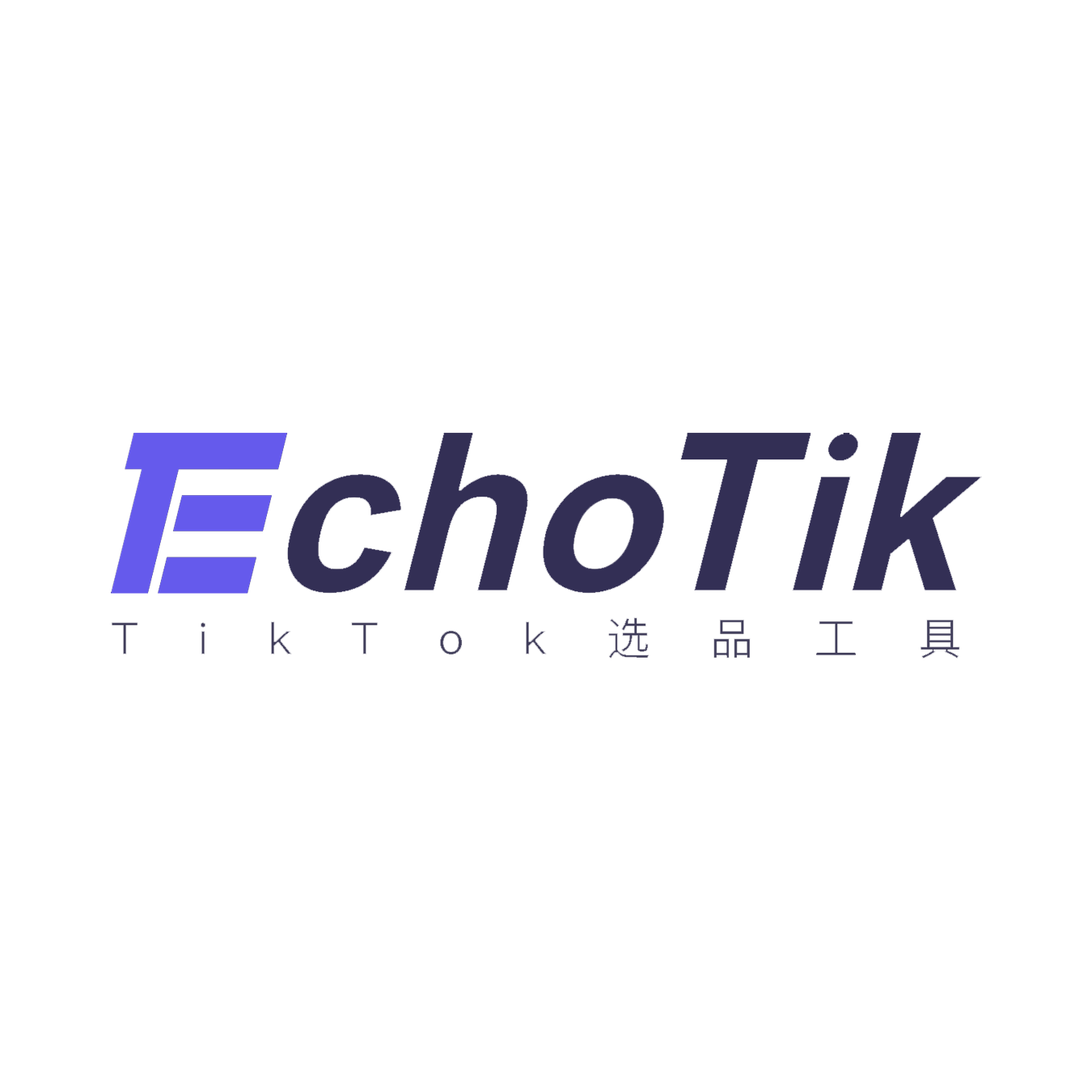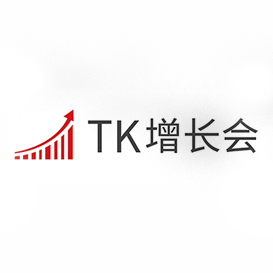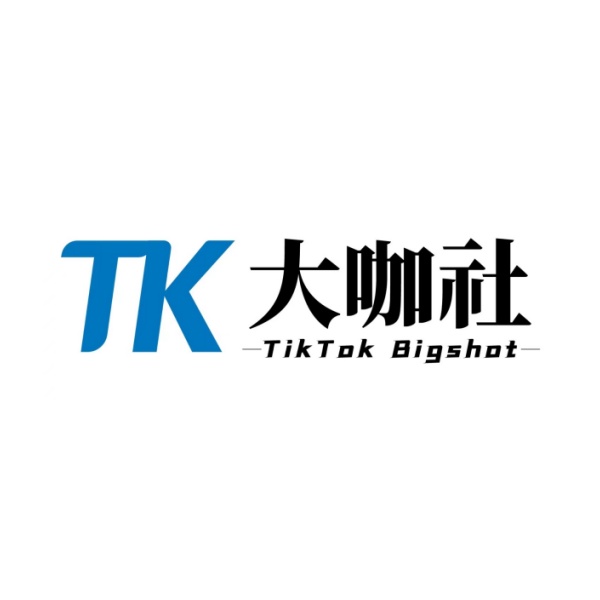Chinese TikTok sellers complain of under-fire platform tightening US rule enforcement

TKFFF · 2024-03-27 11:25
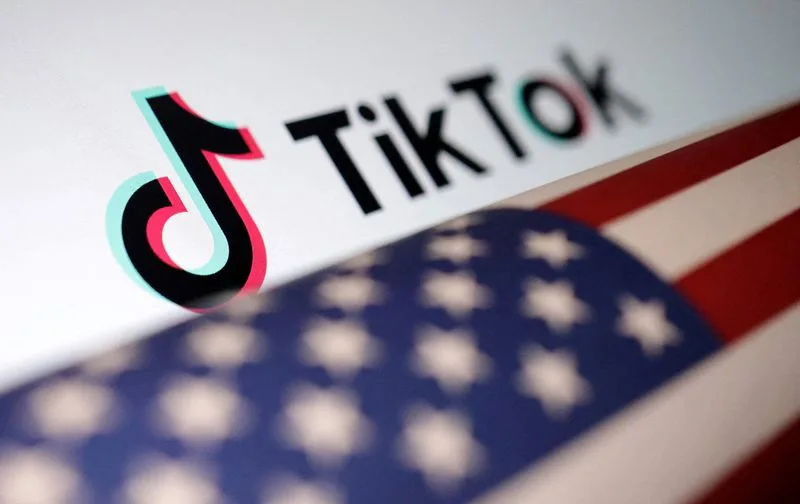 Illustration shows U.S. flag and TikTok logo
By David Kirton
SHENZHEN, China (Reuters) - Chinese e-commerce vendors that want to sell products on TikTok Shop in the U.S. as an alternative to Amazon are upset by moves they say the short video app has made to tighten enforcement of its rules for overseas sellers opening shops on the platform.
Chinese-owned TikTok, which faces the threat of having to divest its U.S. operations or be banned, has in recent weeks taken a harder stance toward enforcing its internal rules, according to five Chinese vendors on the site and an industry association that represents 3,000 Chinese stores selling products online.
TikTok is requiring that U.S. entities registered by sellers be 51% U.S. owned and chaired by an U.S. passport holder, said the vendors and Winnie Wang, executive chairman of the Shenzhen Cross Border E-Commerce Association, China's largest sellers group based in the manufacturing hub.
Many Chinese sellers had used U.S. entities to be recognised as U.S. merchants on the platform but the rules mean they will need to be re-registered as overseas sellers, which they say receive less prominence and support, putting them at a disadvantage compared to U.S. TikTok sellers.
TikTok, used by about 170 million Americans, has been seeking to strike the right balance between pursuing rapid growth and managing regulatory risks.
It has been ramping up its rhetoric that a U.S. move to ban the platform would take billions of dollars out of the pockets of creators and small businesses, while simultaneously seeking to catch up to bigger rivals such as Shein and PDD Holdings-owned Temu by signing up more merchants.
A TikTok spokesperson said the company has clear policies and requirements for all sellers on its shop, including for international sellers, and these have not changed since TikTok Shop was introduced in the U.S. in September 2023.
"TikTok maintains robust policies to protect customers and promote a trustworthy shopping environment, and we continually strengthen how we enforce our rules," the spokesperson said, without commenting specifically on whether international sellers get less prominence.
The Chinese vendors said they feel targeted by TikTok's rules and some are thinking about reducing the resources they put into pushing sales on the platform or finding U.S. partners.
"We're rethinking how much of our time and resources we put into this," said Shenzhen-based e-commerce seller Jackie Bai.
He and another seller said that in comparison, Amazon does not differentiate between U.S. and other sellers on its platform, with all having access to its "seller central" and competing equally.
Amazon did not respond to a request for comment.
Bai and two other China-based sellers said they heard from TikTok Shop representatives that the tightening of the rules was in response to the political sensitivities TikTok faces in the U.S. in an election year. TikTok declined to comment.
U.S. officials have criticised the app's security and privacy, suggesting user data might be shared with Beijing, but TikTok has said the firm has never shared, or received a request to share, U.S. user data with the Chinese government.
AMAZON ALTERNATIVE
Chinese vendors selling products from beauty to clothing to housewares have rapidly grown their presence on ByteDance-owned TikTok's shopping platform in the months since its U.S. launch.
"Almost every single consumer tech company I know based in China, and every Chinese consumer tech client we serve, is selling on TikTok, and those who are not selling are considering how and when to begin selling on TikTok," said Chris Pereira, CEO of business consulting group Impact.
TikTok's U.S. shop posted a gross merchandise value of $1.67 billion from its opening in September 2023 to the year's end, according to an estimate from data provider YipitData.
TikTok said it does not disclose sales and did not reply to queries about the accuracy of YipitData's estimates.
Sellers said they had sought an alternative channel to the dominant e-commerce giant Amazon and were also drawn by subsidies on delivery costs.
Some 50% of sellers on the Amazon marketplace are Chinese, with most concentrated in Shenzhen, said Wang.
These vendors, typically small businesses, submit applications to create "digital storefronts" and pay fees to the platforms for servicing their accounts and for advertising and delivering their products.
Bai opened a U.S. TikTok shop largely selling undergarments in October and the platform was already generating 20% of his revenues by the end of February, he said.
He did not want to name his business or products citing fear of retaliation from the platform, but said his TikTok store had thrived after he hired U.S. actors to promote his products.
Bai said that a TikTok sales representative told him this month he would have to close his U.S.-based entity and re-register as an overseas seller because he is a Chinese citizen.
Bai is now reconsidering his strategy and is looking for local partners as he believes this would disadvantage him against rival sellers.
"TikTok's shop is so new, the internal rules are changing every week, and these are particularly strict," he said.
(Reporting by David Kirton in Shenzhen; Additional reporting by Casey Hall in Shanghai; Editing by Brenda Goh and Jamie Freed)
[ad]
Illustration shows U.S. flag and TikTok logo
By David Kirton
SHENZHEN, China (Reuters) - Chinese e-commerce vendors that want to sell products on TikTok Shop in the U.S. as an alternative to Amazon are upset by moves they say the short video app has made to tighten enforcement of its rules for overseas sellers opening shops on the platform.
Chinese-owned TikTok, which faces the threat of having to divest its U.S. operations or be banned, has in recent weeks taken a harder stance toward enforcing its internal rules, according to five Chinese vendors on the site and an industry association that represents 3,000 Chinese stores selling products online.
TikTok is requiring that U.S. entities registered by sellers be 51% U.S. owned and chaired by an U.S. passport holder, said the vendors and Winnie Wang, executive chairman of the Shenzhen Cross Border E-Commerce Association, China's largest sellers group based in the manufacturing hub.
Many Chinese sellers had used U.S. entities to be recognised as U.S. merchants on the platform but the rules mean they will need to be re-registered as overseas sellers, which they say receive less prominence and support, putting them at a disadvantage compared to U.S. TikTok sellers.
TikTok, used by about 170 million Americans, has been seeking to strike the right balance between pursuing rapid growth and managing regulatory risks.
It has been ramping up its rhetoric that a U.S. move to ban the platform would take billions of dollars out of the pockets of creators and small businesses, while simultaneously seeking to catch up to bigger rivals such as Shein and PDD Holdings-owned Temu by signing up more merchants.
A TikTok spokesperson said the company has clear policies and requirements for all sellers on its shop, including for international sellers, and these have not changed since TikTok Shop was introduced in the U.S. in September 2023.
"TikTok maintains robust policies to protect customers and promote a trustworthy shopping environment, and we continually strengthen how we enforce our rules," the spokesperson said, without commenting specifically on whether international sellers get less prominence.
The Chinese vendors said they feel targeted by TikTok's rules and some are thinking about reducing the resources they put into pushing sales on the platform or finding U.S. partners.
"We're rethinking how much of our time and resources we put into this," said Shenzhen-based e-commerce seller Jackie Bai.
He and another seller said that in comparison, Amazon does not differentiate between U.S. and other sellers on its platform, with all having access to its "seller central" and competing equally.
Amazon did not respond to a request for comment.
Bai and two other China-based sellers said they heard from TikTok Shop representatives that the tightening of the rules was in response to the political sensitivities TikTok faces in the U.S. in an election year. TikTok declined to comment.
U.S. officials have criticised the app's security and privacy, suggesting user data might be shared with Beijing, but TikTok has said the firm has never shared, or received a request to share, U.S. user data with the Chinese government.
AMAZON ALTERNATIVE
Chinese vendors selling products from beauty to clothing to housewares have rapidly grown their presence on ByteDance-owned TikTok's shopping platform in the months since its U.S. launch.
"Almost every single consumer tech company I know based in China, and every Chinese consumer tech client we serve, is selling on TikTok, and those who are not selling are considering how and when to begin selling on TikTok," said Chris Pereira, CEO of business consulting group Impact.
TikTok's U.S. shop posted a gross merchandise value of $1.67 billion from its opening in September 2023 to the year's end, according to an estimate from data provider YipitData.
TikTok said it does not disclose sales and did not reply to queries about the accuracy of YipitData's estimates.
Sellers said they had sought an alternative channel to the dominant e-commerce giant Amazon and were also drawn by subsidies on delivery costs.
Some 50% of sellers on the Amazon marketplace are Chinese, with most concentrated in Shenzhen, said Wang.
These vendors, typically small businesses, submit applications to create "digital storefronts" and pay fees to the platforms for servicing their accounts and for advertising and delivering their products.
Bai opened a U.S. TikTok shop largely selling undergarments in October and the platform was already generating 20% of his revenues by the end of February, he said.
He did not want to name his business or products citing fear of retaliation from the platform, but said his TikTok store had thrived after he hired U.S. actors to promote his products.
Bai said that a TikTok sales representative told him this month he would have to close his U.S.-based entity and re-register as an overseas seller because he is a Chinese citizen.
Bai is now reconsidering his strategy and is looking for local partners as he believes this would disadvantage him against rival sellers.
"TikTok's shop is so new, the internal rules are changing every week, and these are particularly strict," he said.
(Reporting by David Kirton in Shenzhen; Additional reporting by Casey Hall in Shanghai; Editing by Brenda Goh and Jamie Freed)
[ad]
文章来源:yahoo news
TKFFF公众号
扫码关注领【TK运营地图】

TKFFF合作,请扫码联系!

文章来源: 文章该内容为作者观点,TKFFF仅提供信息存储空间服务,不代表TKFFF的观点或立场。版权归原作者所有,未经允许不得转载。对于因本网站图片、内容所引起的纠纷、损失等,TKFFF均不承担侵权行为的连带责任。如发现本站文章存在版权问题,请联系:1280199022@qq.com
分享给好友:





